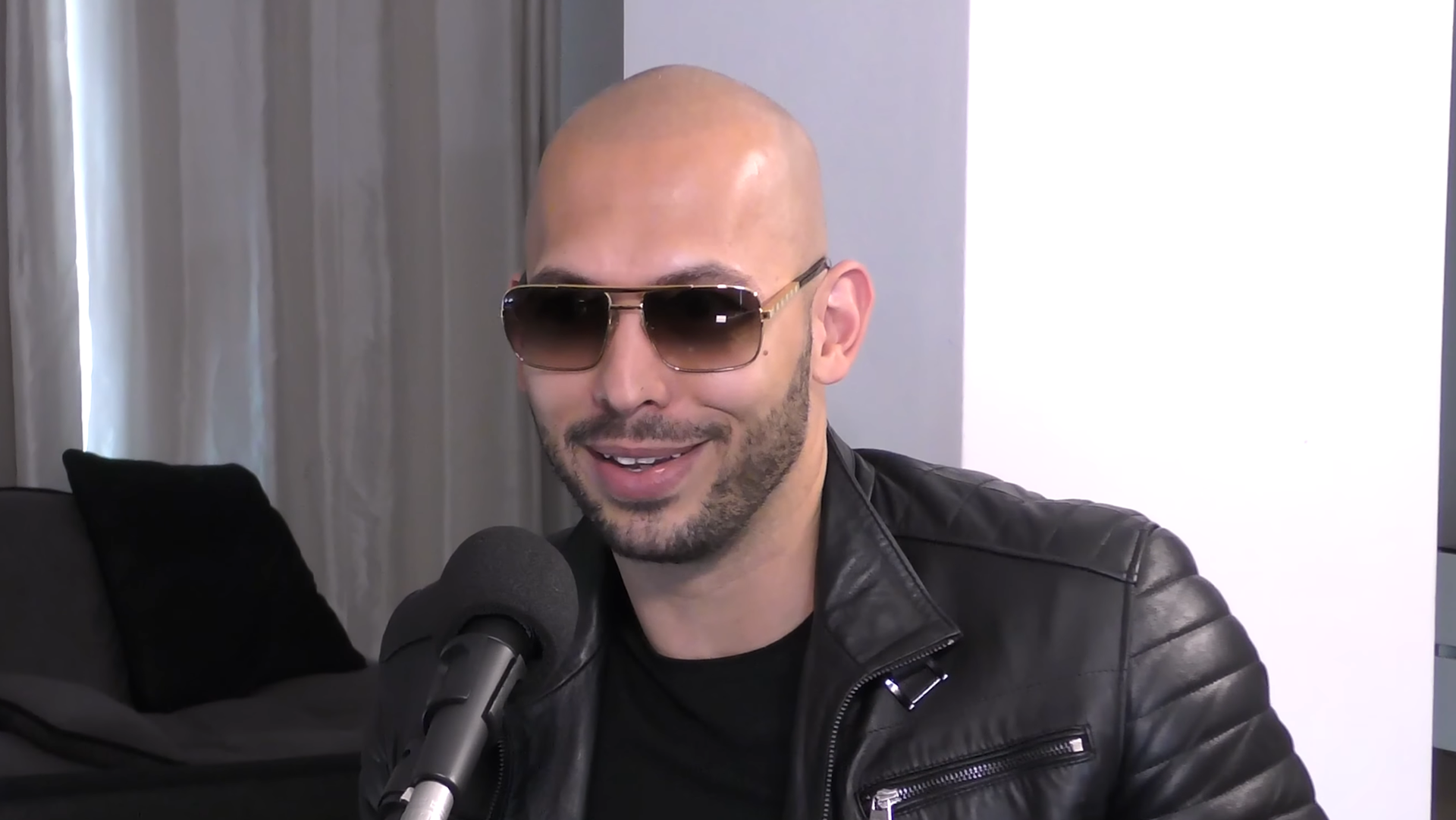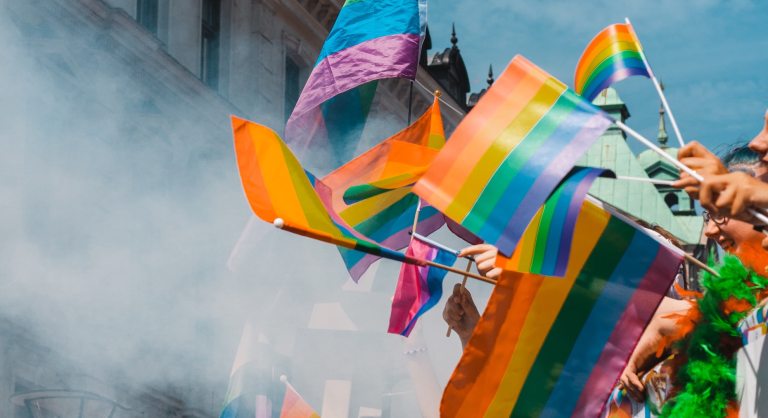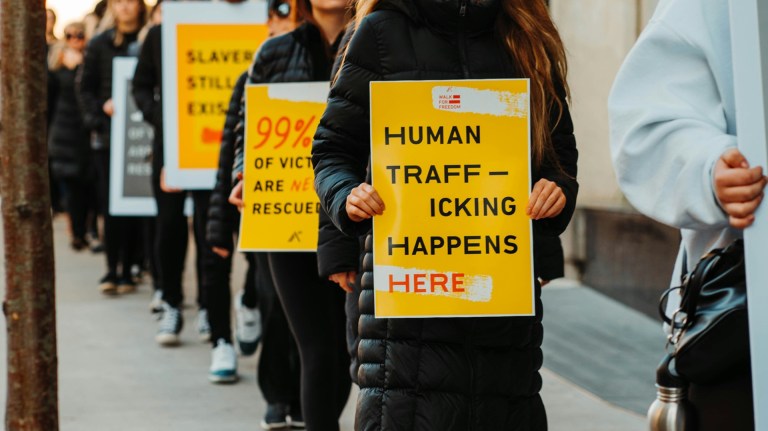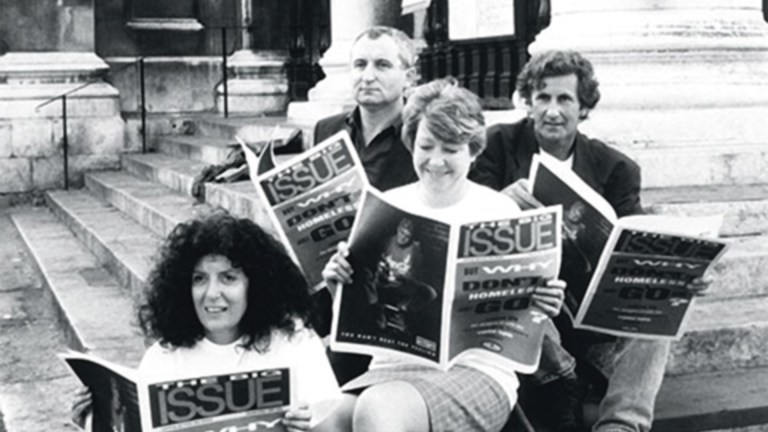International Men’s Day is on 19 November, an occasion to reflect not only on the issues men face, like mental health struggles, loneliness, and societal expectations, but also on how young men are navigating a new and troubling dynamic: the rise of online misogyny. High-profile influencers such as Andrew Tate have perpetuated a hyper-masculine narrative, glorifying outdated ideals of male worth – money, power, and dominance over women. But behind this façade lies a deeper con: a system profiting from male insecurity and emotional suppression.
The “manosphere,” a loosely connected network of online influencers, thrives on one dangerous lie: that showing vulnerability or emotional honesty makes a man weak. Ironically, this stoic ideal often drives young men to these platforms in search of validation, creating a feedback loop where they are both victims and perpetrators of harmful stereotypes.
At the heart of this problem lies a scam centuries in the making. Figures like Andrew Tate sell a lifestyle and ideology where success is narrowly defined – through wealth and control. A poll reported by Hope Not Hate found that 67% of young people had encountered Tate’s content. The pitch is simple: if you’re not winning by these standards, you’re failing as a man. This mindset traps young men in a patriarchal matrix that not only hurts women but also perpetuates damaging expectations for men themselves.
Today’s influencers repackage these ideals under the guise of modern “self-improvement”. But the reality is darker: they’re peddling shame, not empowerment, and profiting from the very system they claim to challenge.
The stoic mantra of “I’m fine” is both a shield and a trap. While pride in resilience can be positive, an inability to express emotions openly drives men into spaces where emotional distress is weaponized against them. The manosphere preys on this vulnerability, framing emotions as weakness while paradoxically fuelling anger and frustration—deeply emotional responses—to drive engagement.
To dismantle this matrix, men must first acknowledge that not being ‘fine’ is ok and that money and power are not the sole source of value we bring to society and our relationships. Until we as a society are able to rectify our relationship with masculinity, those most vulnerable will continue to have their insecurities exploited.










